
Access to Care and Involuntary Discharge
Qsource ESRD Networks actively work to understand and reduce the incidence of involuntary patient discharges as part of our quality improvement efforts— particularly for the reason of non-adherence to treatment. All patients should have access to outpatient dialysis care, and all facilities should be working to prevent involuntary discharges. Included here are resources to assist in identifying and dealing with difficult patient situations.
Decreasing Dialysis Patient-Provider Conflict (DPC) Toolkit
The DPC Toolkit helps staff manage conflict effectively, improve communication and increase understanding of how interactions with patients, their families and other staff may trigger or escalate conflict in the dialysis setting. Conflict is never easy and the unique characteristics of the dialysis setting can make it even more challenging. The DPC Toolkit was developed by a national group of dialysis professionals and is recognized as a resource for decreasing involuntary discharges in the ESRD Conditions for Coverage.
In December 2022, four new modules were created providing education on
- Health Equity
- Self-Awareness
- De-Escalation Techniques in Health Care
- When Conflict Occurs
Decreasing Dialysis Patient-Provider Conflict (DPC) — December 2022 Addendum
Resources on De-escalation Strategies and Violence Prevention
In recent years, the Networks have seen an increase in the number of involuntary discharges due to an immediate severe threat. Although these events cannot always be prevented, we recognize that it is helpful for staff to feel confident in their skills of de-escalation and communication when dealing with a difficult situation. We encourage your team to review the following video series as part of your facility in-service trainings and use them to guide a discussion on how the skills reviewed can improve patient-centered care.
Verbal De-Escalation of the Agitated Patient. University of Colorado School of Medicine. Simpson SA, Rylander M, Medlin H, Albert L. May 2017.
Chapter 1: Identification and assessment of agitation
Chapter 2: Basic elements of verbal de-escalation
Chapter 3: More practice with verbal de-escalation
Chapter 4: Advanced skills in de-escalation
Chapter 5: Personal safety and escape skills

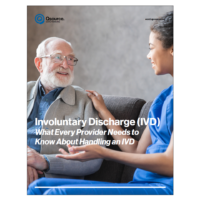 Download:
Download: 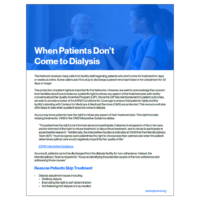 Download:
Download: 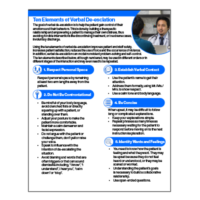 Download:
Download:  Download:
Download: 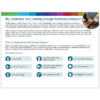 Download:
Download:  Download:
Download: 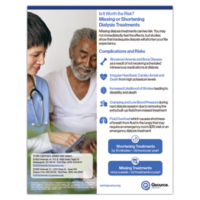 Download:
Download: 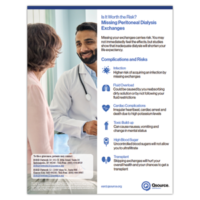 Download:
Download: 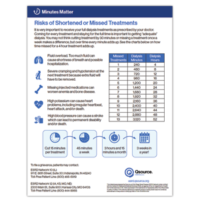 Download:
Download: 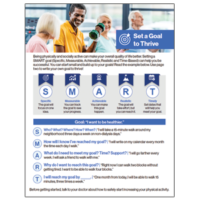 Download:
Download: